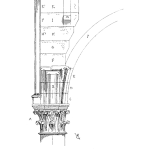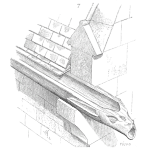
Guest Post by Bill Pomfret (first posted on CERM ® RISK INSIGHTS – reposted here with permission)
The start of fall might feel too soon to begin preparing for next winter. But with memories of snowstorms fresh in your mind, now is the perfect time to review your emergency response plans. Preparing emergency response plans of time also means you’ll be ready when snow, tornadoes, hurricanes, wildfires, drought, or other types of severe weather hit.
Emergency preparedness is one of the most important things a company can invest in. When an emergency happens, being prepared can be the difference between the loss of money, time, and—most importantly—the safety of your staff. Thanks to advances in technology, companies can implement platforms and tools that can help them prepare for anything from inclement weather to a dangerous intruder or a pandemic.














 Ask a question or send along a comment.
Please login to view and use the contact form.
Ask a question or send along a comment.
Please login to view and use the contact form.